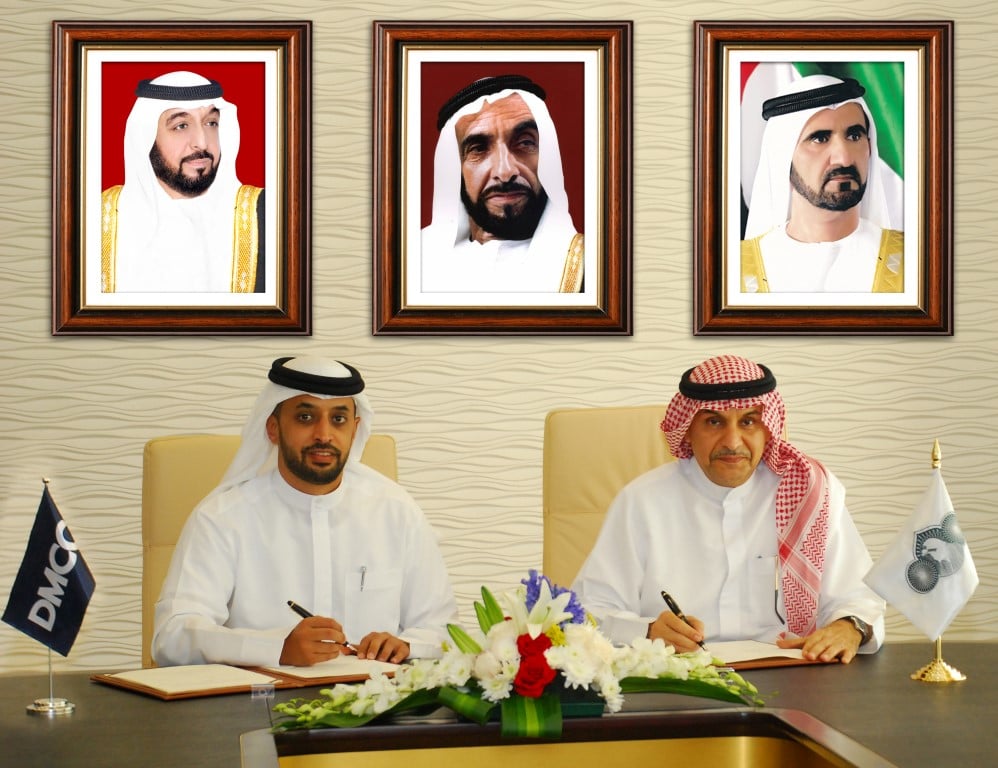Agreement aims to further enhance Dubai’s collective regulatory and supervisory standards for the commodities sector
DMCC, one of the world’s leading commodity hubs for trade and enterprise and the largest and fastest growing Freezone in the UAE, today signed a Memorandum of Understanding (MoU) with the UAE's Security and Commodities Authority (SCA). The two entities will collaborate to further enhance Dubai’s regulatory and supervisory standards with a focus on the country's commodities sector.
The ceremony was attended by the Executive Chairman of DMCC, Ahmed Bin Sulayem, and H.E. Abdulla S. Al Turifi, Chief Executive Officer, the Security and Commodities Authority.
H.E. Abdulla S. Al Turifi, Chief Executive Officer, the Security and Commodities Authority, commented:
"The Security and Commodities Authority and DMCC share many common goals and the MoU that we have signed today will help these materialise further and faster. We want this market to thrive in a safe and controlled context for investors, and further enhancements within the commodities sector’s regulatory and supervisory framework will help us achieve this objective.”
Ahmed Bin Sulayem, Executive Chairman, DMCC, added:
“At DMCC we value the importance and impact of strategic partnerships and mutual collaboration between government entities. The key purpose of the MoU with the Security and Commodities Authority is to enhance and improve regulatory standards, technical efficiencies and ease of doing business for the benefit of industry participants in Dubai such as traders, suppliers and financiers.
“The goal of the projects we are about to embark on is central to our strategy of continuously enhancing Dubai’s position as the global hub for trade and enterprise and we look forward to progressing this initiative with the Securities and Commodities Authority”.
The terms of the MoU cover a number of areas such as mutual regulation and supervision in the financial services sector; the exchange of and mutual support for new policy initiatives and organisation of technical training to enhance sector expertise.
